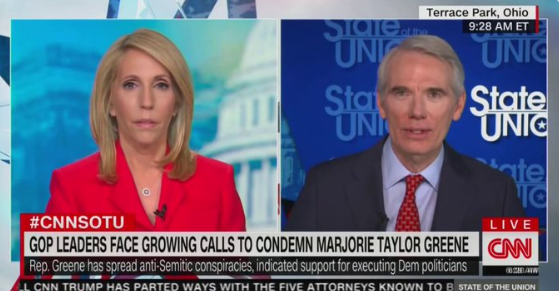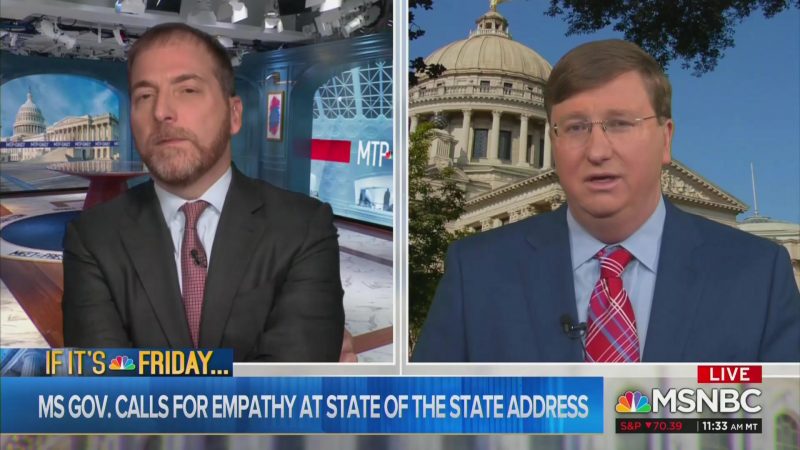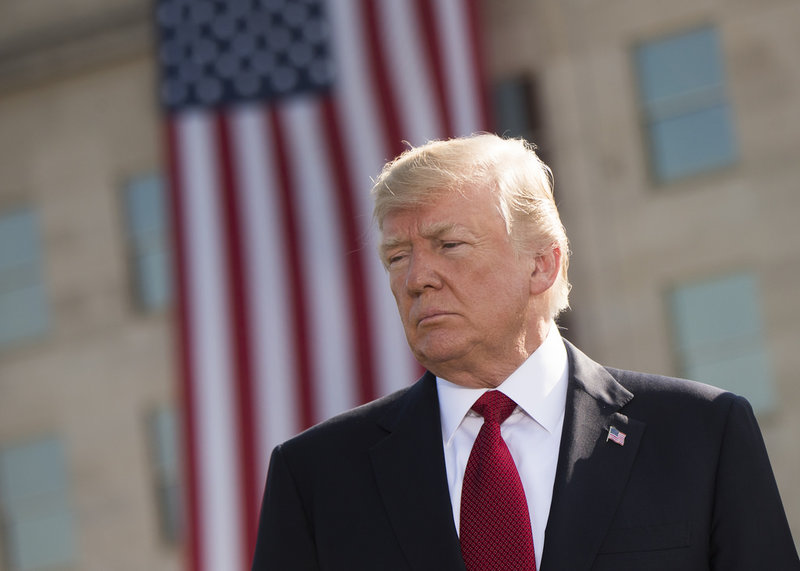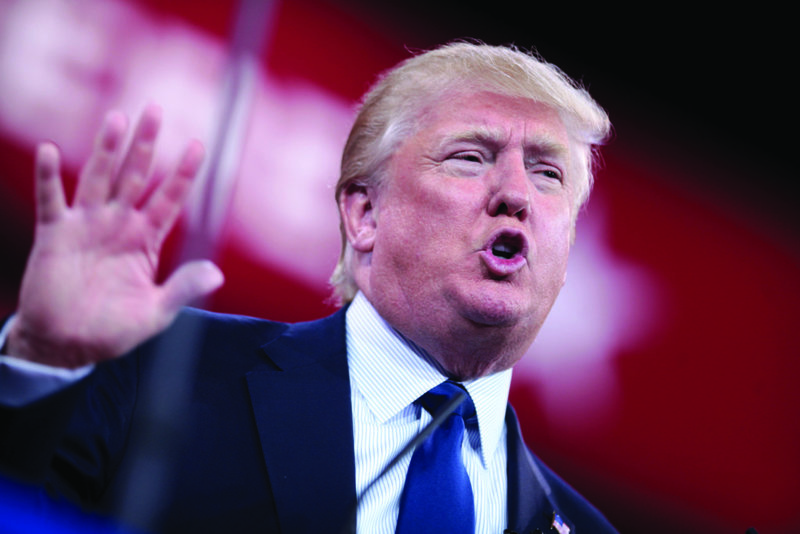Homewrecker: Donald Trump And The US-EU Breakup
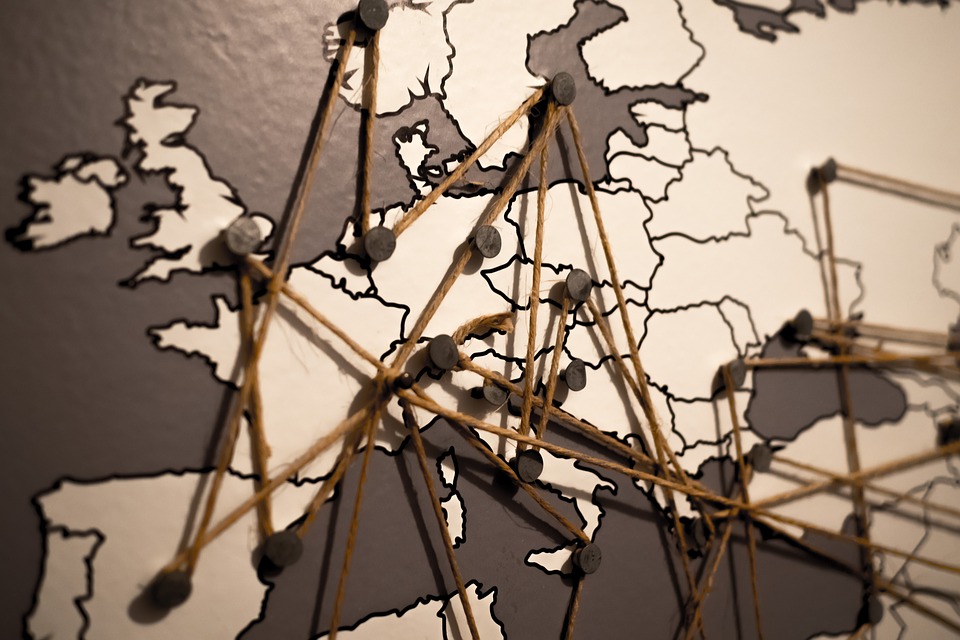
President Donald Trump is setting in motion a Trans-Atlantic split between the United States of America and its blood-brother allies on the European continent.
Throughout the election, Trump has questioned the necessity and benefit of US loyalty to NATO, the European Union and the United Nations, which have heretofore collaborated for an effective end to a millennia of European war. Trump has also claimed disinterest in several principles of modern Western geo-politics, such as nuclear-nonproliferation, Russian containment in Europe, and the strategic American nuclear umbrella.
This is a historic break from previous bipartisan decades of universal support for the North Atlantic alliance, and the potential ramifications are too dramatic to predict. If America turns a cold shoulder to Europe, pushes Pacific allies like Japan and South Korea out from under the nuclear umbrella, and needlessly antagonizes our biggest trading partners in Mexico and China, what nations will be left to stand with the US?
On the world stage there is strength in numbers, yet the election of Donald Trump represents an impulsive, off-track choice to go it alone in the self-stagnating hope that shitty manufacturing jobs will come back. Never mind the increasing assertiveness of a Russia hyped up on short-term cash from oil and natural gas and economic pressure to expand geographically, or the coming, inevitable end to China’s relatively brief hiatus as history’s largest world power.
Trump’s idea on foreign policy suggests that he does not know there are two kinds of foreign policy: the hard power of the proverbial stick, and soft power of persuasive coercion to get other nations to do what we want on the basis of international cooperation, common interest and moral responsibility. In today’s world, the big stick means little between the nuclear powers and their shared capacity for needless destruction, and it neither means much against the various third-world insurgencies that the last 70 years’ worth of military occupations by America and others have inspired.
In choosing hard power anyway, Donald Trump seems not just willing but excited to throw away what political capital and international consensus the US has built throughout the Obama Presidency (a heroic effort following the epic quagmire that was the Iraq War) in exchange for quasi-fascist, America-First middle fingers flipped to the rest of the world.
Europe has understandably reacted to Trump’s foreign philosophy with consternation. German chancellor Angela Merkel expressed an epochal sentiment when she recently told reporters in Germany, “We Europeans have our destiny in our own hands.”
The authoritative posturing of Donald Trump reflects a global right-wing fashion for international detachment, and it is an attitude that exacerbates the isolationist and nationalist dismemberment of the relative global stability. It is fueled—in a parallel manner to the 1930’s—by domestic political ideologies of racial and nativist privilege, and the sudden increase in competition necessitated by a multitude of nations all being led by hard-power autocrats to go it alone on the world stage comes at precisely the wrong time.
The consequences of complicated and staggering international problems—chief among them climate change and it’s subsequent sisyphean crises of geo-politics and ecology; a canyon of inequalities between the global north and south; democratic malaise; and disillusionment in governmental institutions seemingly filled with corruption—are inevitably catching up to humanity.
Donald Trump is the wrong president at the wrong time. While China and Russia seek to compete against US interests, America has never needed Europe more.

